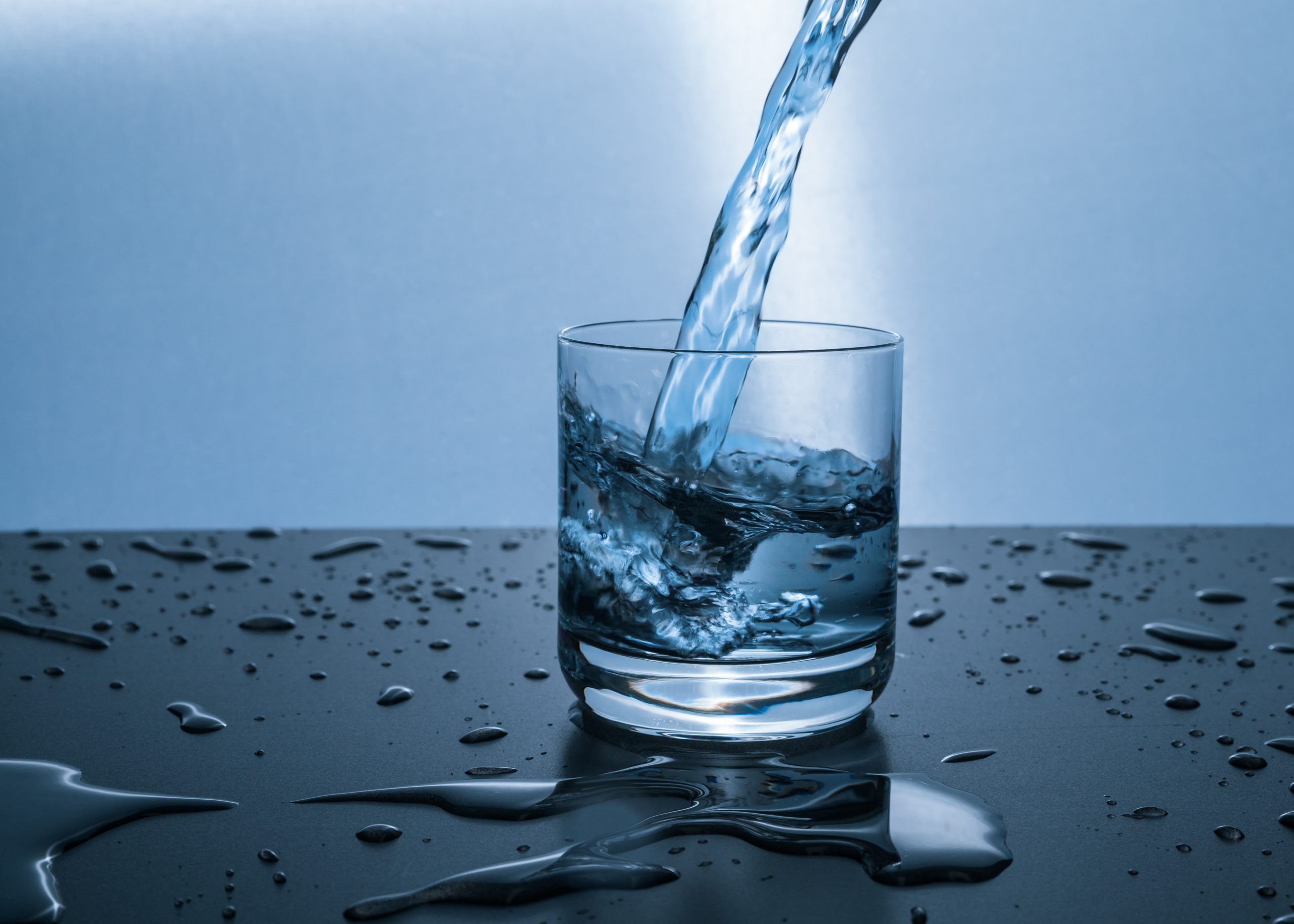By Lori Stevens, Certified Concierge Care Advisor
Dehydration in Seniors: A Year-Round Concern
Dehydration poses a serious health risk to seniors, and it’s not just a summer issue. While most people associate dehydration with hot weather, the reality is that seniors can become dehydrated at any time of the year. Understanding the 10 signs of dehydration in seniors can help caregivers and loved ones take proactive steps to ensure proper hydration.
Why Are Seniors at Higher Risk of Dehydration?
As we age, several physiological changes increase the risk of dehydration:
- Decreased Thirst Cues: Seniors often don’t feel thirsty, even when their bodies need water.
- Changes in Body Composition: Aging reduces water reserves in the body.
- Medication Side Effects: Diuretics and other medications can contribute to fluid loss.
These factors make recognizing the signs of dehydration crucial for maintaining senior health.
10 Signs of Dehydration in Seniors
Common Symptoms to Watch For
- Dizziness or Lightheadedness: A frequent sign of low fluid levels.
- Confusion or Disorientation: Dehydration can affect cognitive function.
- Fatigue: A lack of water can drain energy and cause tiredness.
- Dark Urine: A clear indication of inadequate hydration.
- Dry Mouth and Throat: Often an early symptom of fluid deficiency.
- Low Blood Pressure: Dehydration can affect circulation and blood pressure.
- Constipation: Lack of water impacts digestive health.
- Muscle Weakness or Cramps: A common sign of electrolyte imbalance due to dehydration.
- Sunken Eyes: This visual cue can indicate severe dehydration.
- Rapid Heartbeat: Dehydration forces the heart to work harder.
If you notice any of these symptoms in yourself or a loved one, it’s essential to address hydration needs immediately and consult with a healthcare professional if symptoms persist.
Creative Ways to Encourage Hydration in Seniors
Make Water More Appealing
Many assisted living communities and adult family homes incorporate innovative ways to encourage seniors to drink water. For example:
- Infused Water: Adding fresh fruits, herbs, or vegetables like cucumber, basil, oranges, or strawberries makes water more flavorful and visually appealing.
- Accessible Hydration Stations: Communities often place attractive water carafes throughout their buildings to make hydration effortless.
Use Attractive Drinkware
Investing in a high-quality stainless steel water bottle or an aesthetically pleasing coffee mug can make drinking water more enjoyable. Cold or room-temperature water options can also cater to personal preferences.
Foods That Support Hydration
In addition to beverages, many water-rich foods can help seniors stay hydrated. Incorporating these foods into daily meals can boost hydration levels:
- Cucumbers
- Lettuce
- Celery
- Oranges
- Melons
These options are particularly helpful for seniors who may struggle to drink large quantities of water.
Tips for Staying Hydrated
- Take small sips of water throughout the day rather than consuming large quantities all at once.
- Experiment with different flavors and temperatures to find what works best.
- Monitor hydration levels by observing urine color—clear or pale yellow is ideal.
Always consult a physician before making significant changes to water or fluid intake, especially if medical conditions or medications are a factor.
Recognize and Prevent Dehydration in Seniors
By understanding the 10 signs of dehydration in seniors, caregivers and loved ones can ensure proper hydration and avoid serious health risks. With simple strategies like infused water, water-rich foods, and attractive drinkware, staying hydrated can become a more enjoyable and manageable routine.
Are you exploring senior care solutions for your loved one? At Concierge Care Advisors, we specialize in helping families find the best local elder care options, including adult family homes and assisted living facilities. Our expert advisors work closely with you to ensure a safe and healthy environment for your loved one. Visit our Contact Us page to connect with a trusted advisor and find the care your family deserves.

























